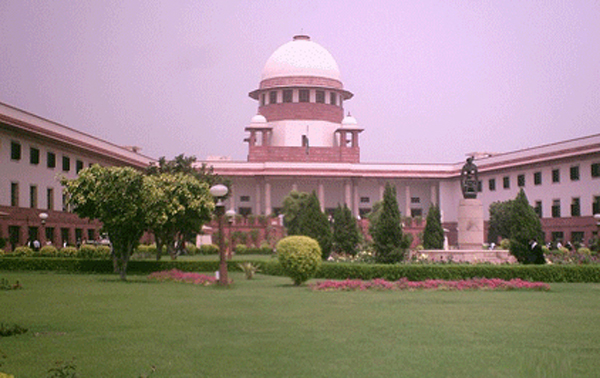
Right to Privacy comes under Article 21: Supreme Court
The Supreme Court declared privacy as a fundamental right of all citizens of India.
The apex court has overruled earlier judgement passed against the Right to Privacy in the years 1954 and 1962.
The nine-judge bench unanimously passed the verdict.
The judges bench included Chief Justice JS Khehar, J Chlameswar, SA Bobde, RK Agarwal, RF Nariman, AM Sapre, DY Chandrachud, SK Kaul and S Abdul Nazeer.
However, the question on the legality of the Adhaar Card still persists which will be decided by a smaller bench on the basis of Thursday's judgement on Right to Privacy.
The legality of Adhaar Card has been put to question, particularly after Thursday's judgement, as it accesses biometric details of individuals. Already crores of Indians have acquired Adhaar cards.
The legal battle regarding Right to Privacy was initiated following the previous government's (UPA government) decision to introduce Adhaar Card.
Reacting to the SC's judgement, former law minister, Aswani Kumar, told NDTV: "I am delightful. Right to Privacy is inherent to all individuals. I am proud of the Supreme Court. They kept faith with the constitutional morality and aspirations of people of India. Only logical conclusion was there to declare the Right to Privacy as a fundamental right."
Support Our Journalism
We cannot do without you.. your contribution supports unbiased journalism
IBNS is not driven by any ism- not wokeism, not racism, not skewed secularism, not hyper right-wing or left liberal ideals, nor by any hardline religious beliefs or hyper nationalism. We want to serve you good old objective news, as they are. We do not judge or preach. We let people decide for themselves. We only try to present factual and well-sourced news.







